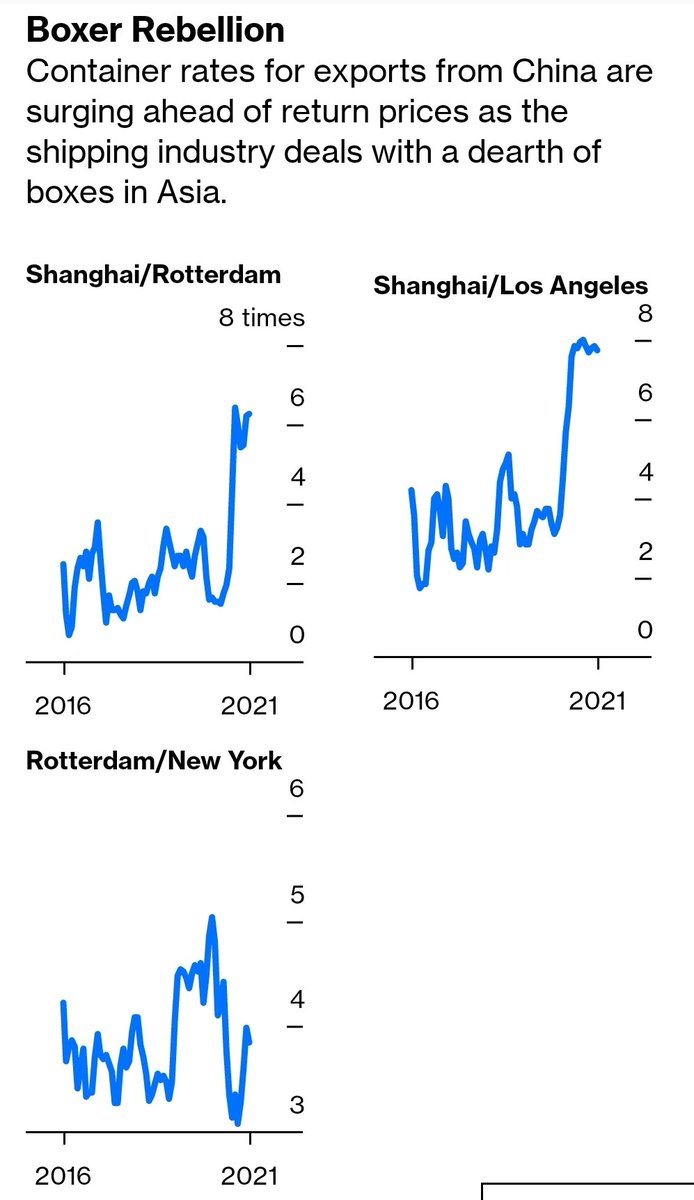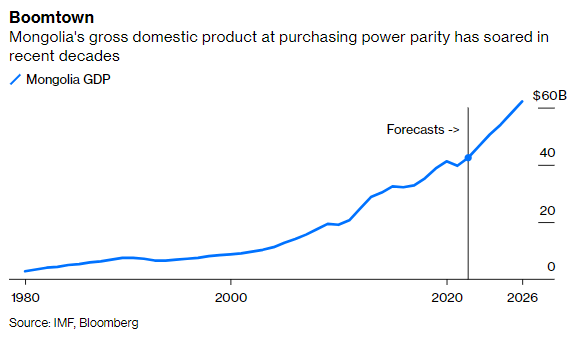
If you think about the core business of a physical commodity trader — arbitrage of time, place and quality — this makes a lot more sense.
https://twitter.com/kmac/status/1408065147537485825
Storage (owning a lot of oil tanks, or taking advantage of price rises while your tankers are steaming across the seas) has long been key to the business.
The storage opportunity in a renewable economy is enormous, whether it's buying cheap midday solar and holding it for the evening grid load peak or doing the same on a seasonal basis for summer or winter cooling and heating loads.
Geographic arbitrage is harder. Electricity transmission lines are natural monopolies with regulated profits. Commodity traders don't tend to own pipelines because they operate a similar way.
In terms of quality arbitrage, there''s opportunities too in the shift to hydrogen, though chemically it's a lot simpler than hydrocarbons.
Still, there's clear non-greenwashing reasons for commodity traders to welcome the birth of a brand-new commodity market.
Still, there's clear non-greenwashing reasons for commodity traders to welcome the birth of a brand-new commodity market.
• • •
Missing some Tweet in this thread? You can try to
force a refresh









